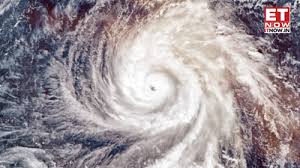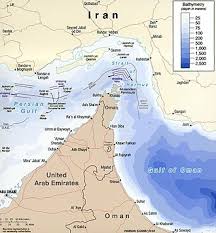Severe Cyclone Montha: Current Situation and Impact

Introduction
In recent days, India has been grappling with the devastating effects of Severe Cyclone Montha, which made landfall on the eastern coast. This natural disaster has raised alarms due to its severity and the extensive damage it has caused in multiple states, particularly Odisha and West Bengal. Understanding the challenges posed by such cyclones is crucial for disaster preparedness and response, especially in a country that frequently faces similar weather events.
Impact of Cyclone Montha
Severe Cyclone Montha was officially classified as a category 3 cyclone, bringing with it heavy rains and winds that exceeded 125 km/h. The Indian Meteorological Department (IMD) reported that the cyclone made landfall near Bhubaneswar, Odisha, uprooting trees, damaging power lines, and leading to widespread flooding. As a result, numerous towns and villages were evacuated, with thousands of residents seeking shelter in temporary relief camps set up by state authorities.
Rescue and relief operations have been complicated by the cyclone’s high winds and continuous rainfall. The National Disaster Response Force (NDRF) has deployed multiple teams in affected areas to facilitate relief efforts. However, challenges such as blocked roads and downed communication networks have hampered these operations.
Recent Developments
As of the latest reports, recovery efforts are underway, with local governments assessing the extent of damage. Preliminary estimates suggest that thousands of homes have suffered severe damage, and the agriculture sector stands to suffer substantial losses. The regional government has announced immediate financial aid for affected families and pledged to restore essential services as quickly as possible. Meanwhile, schools and businesses in the hardest-hit areas remain closed as a safety precaution.
Conclusion
The significance of Severe Cyclone Montha extends far beyond immediate damage; it raises important questions about climate change, urban planning, and preparedness in vulnerable regions. In light of such events, experts advocate for improved infrastructure and better planning to mitigate the impacts of future cyclones. With the changing climate, we may experience more severe weather events, suggesting a need for greater resilience and preparedness in cyclone-prone areas. For residents and authorities alike, the lessons learned from Cyclone Montha will be integral in shaping future disaster management strategies.









